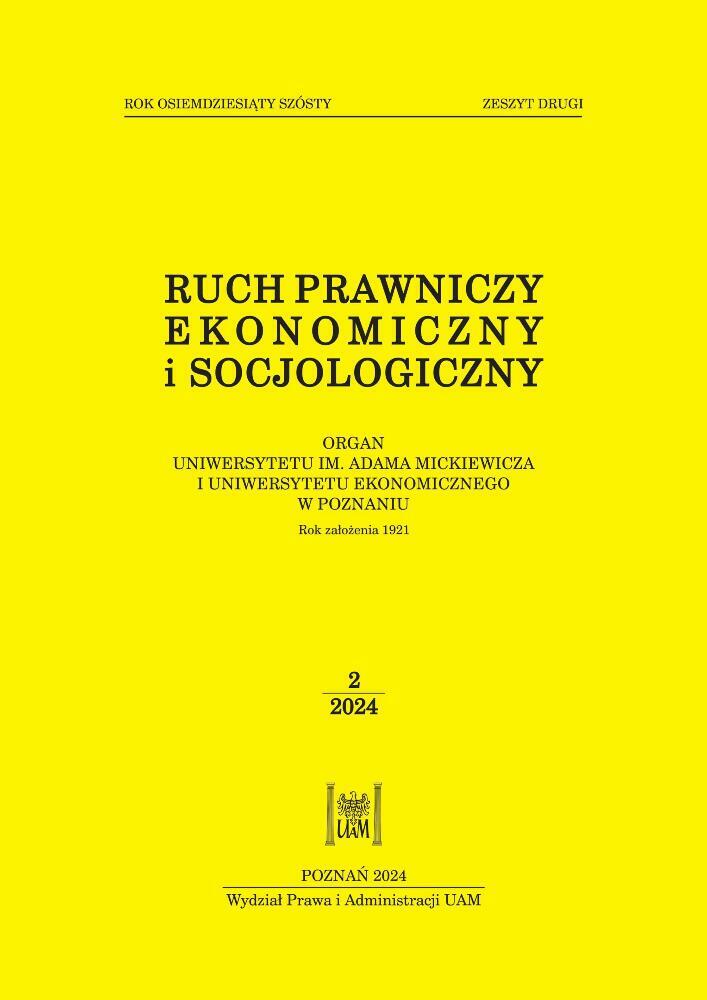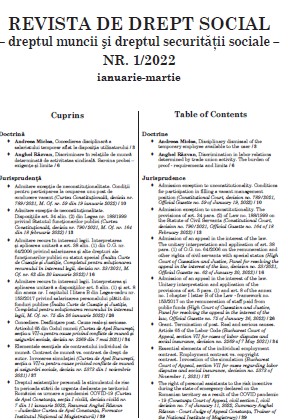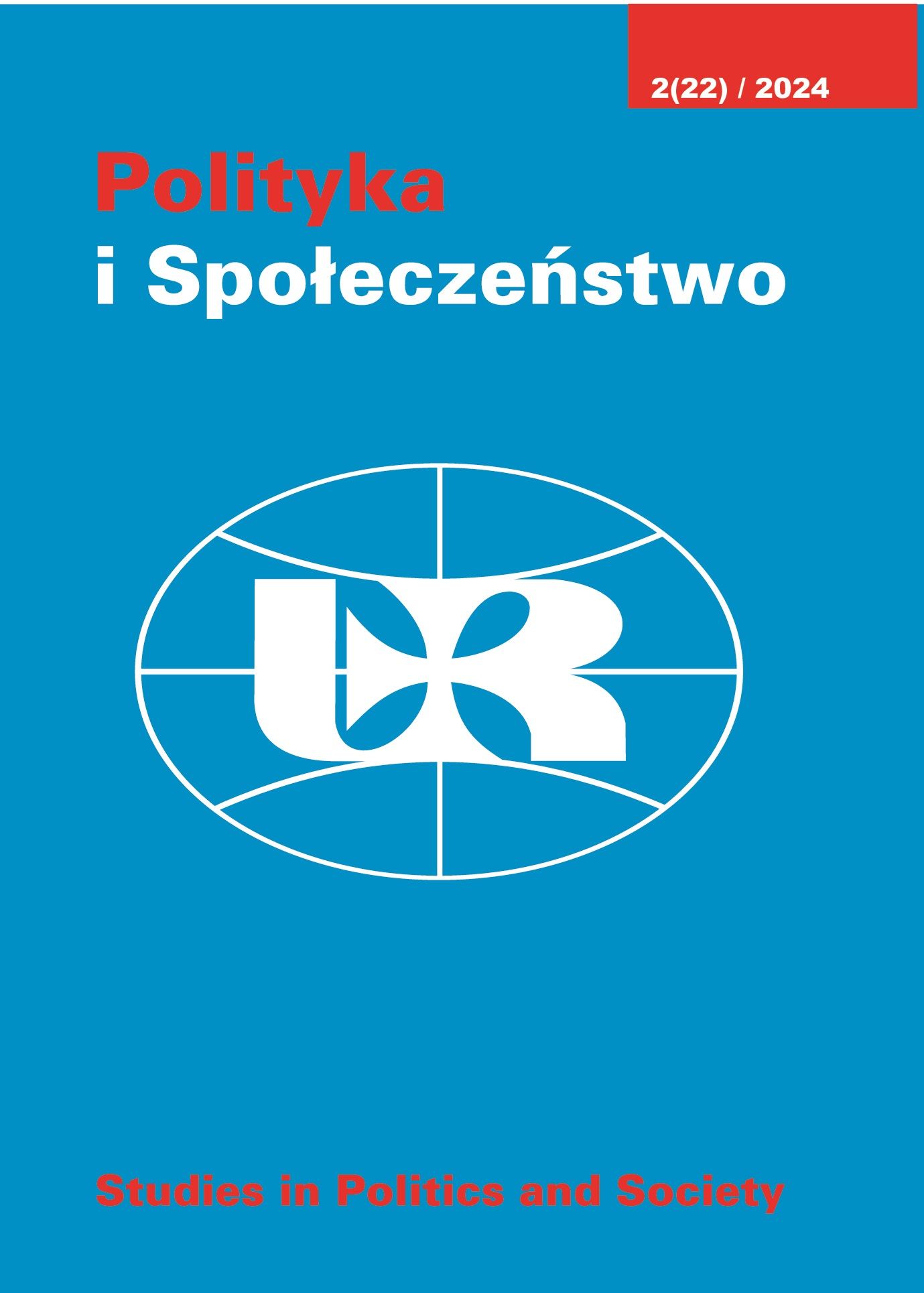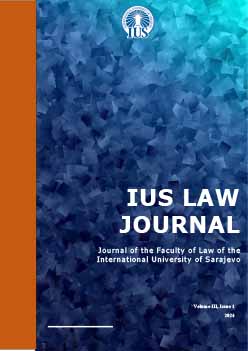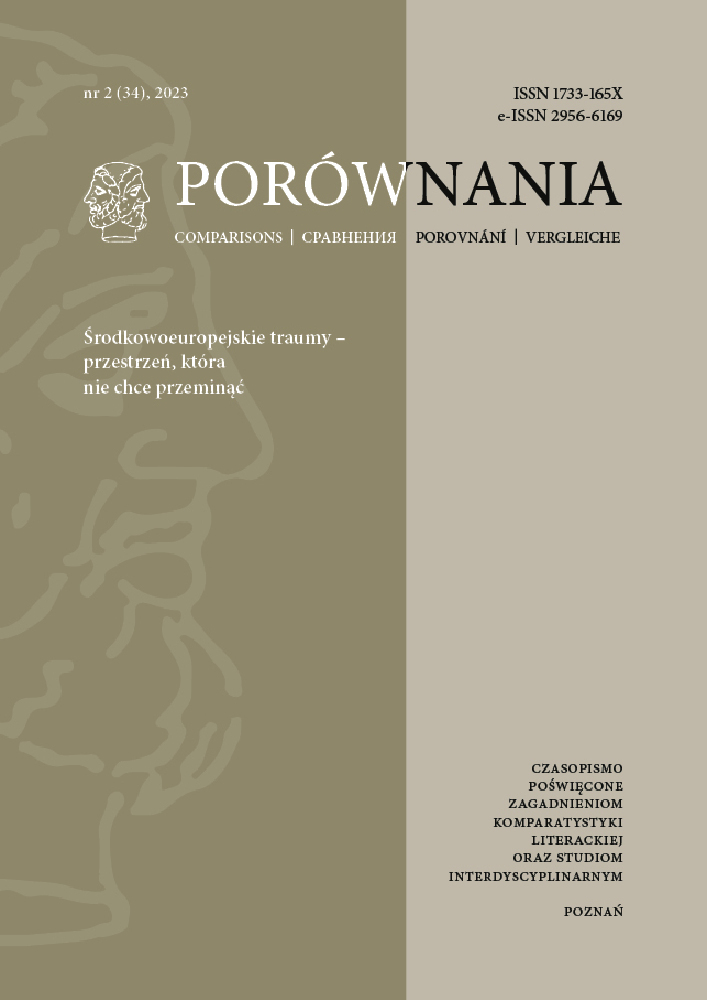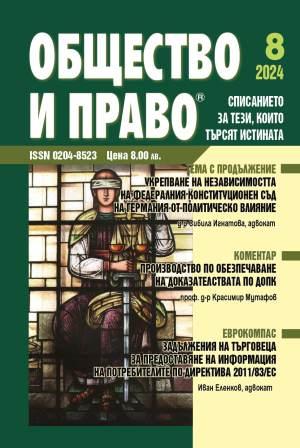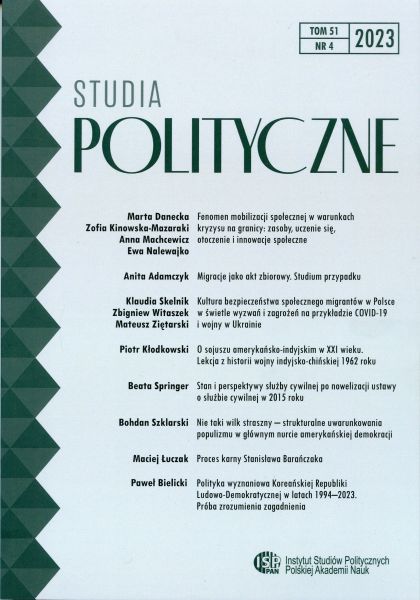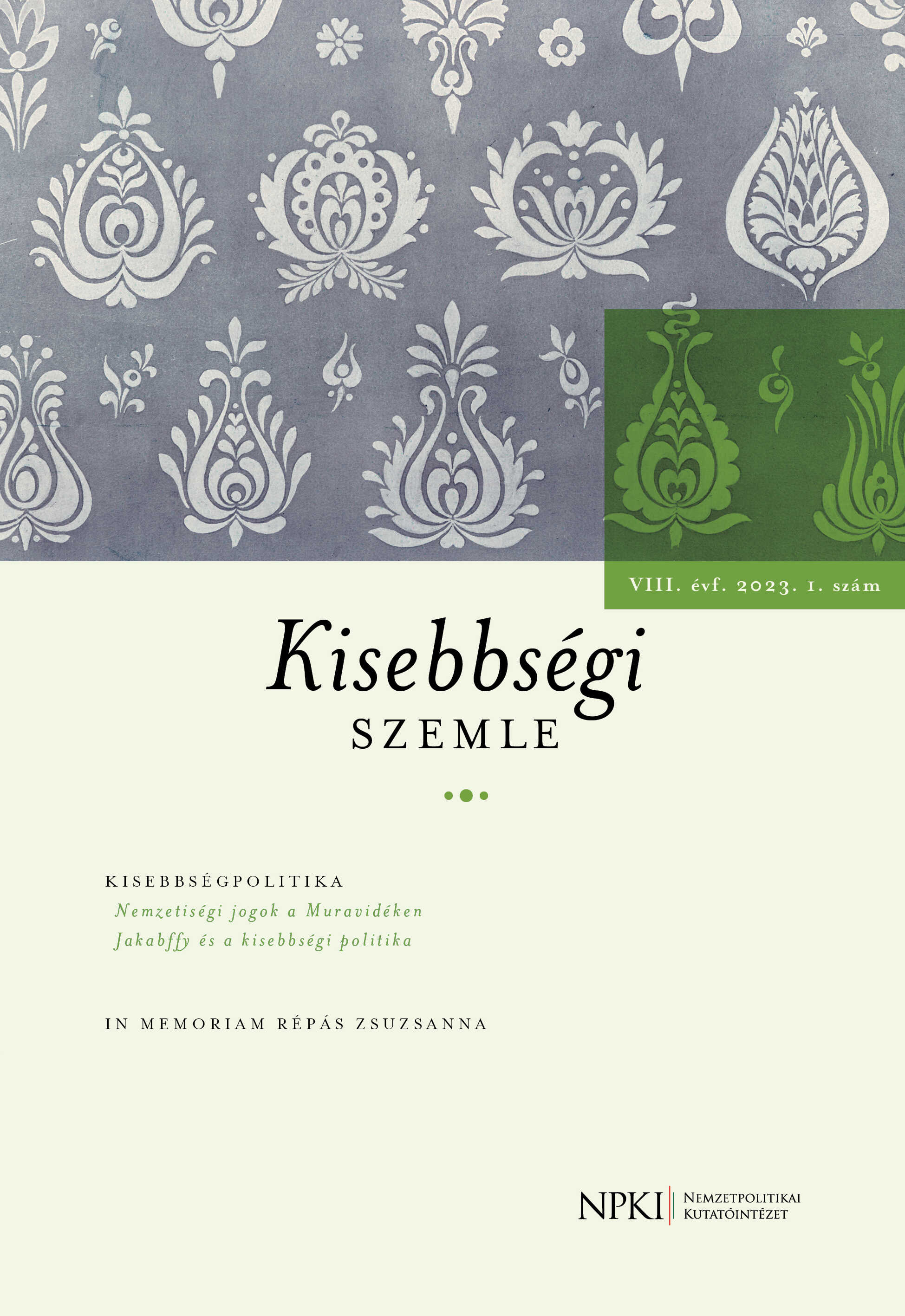
Nemzetiségi jogok a Muravidéken
The study provides a detailed overview of the Slovenian national minority protection environment. It examines the relevant principles and sectoral regulations of the Slovenian legal system, which, though unchanged in its essential elements since its development in the early nineties, has been constantly evolving in its details. In addition to addressing the main legal provisions, it describes the landmark decisions of the Constitutional Court that have shaped Slovenian legal thinking on minority rights. It gives special attention to the domestic experience of implementing written law and to the findings of international monitoring bodies.
More...
